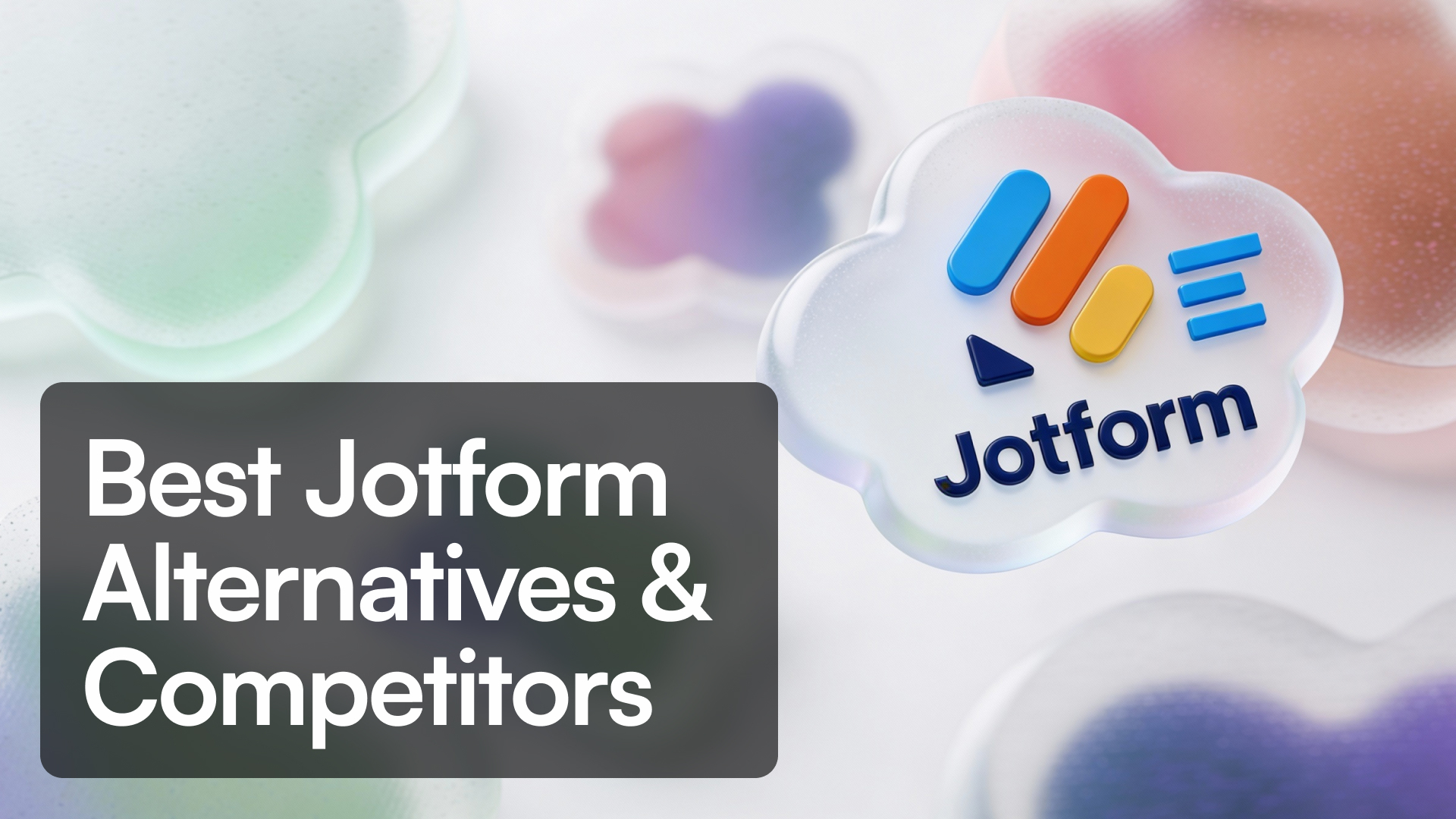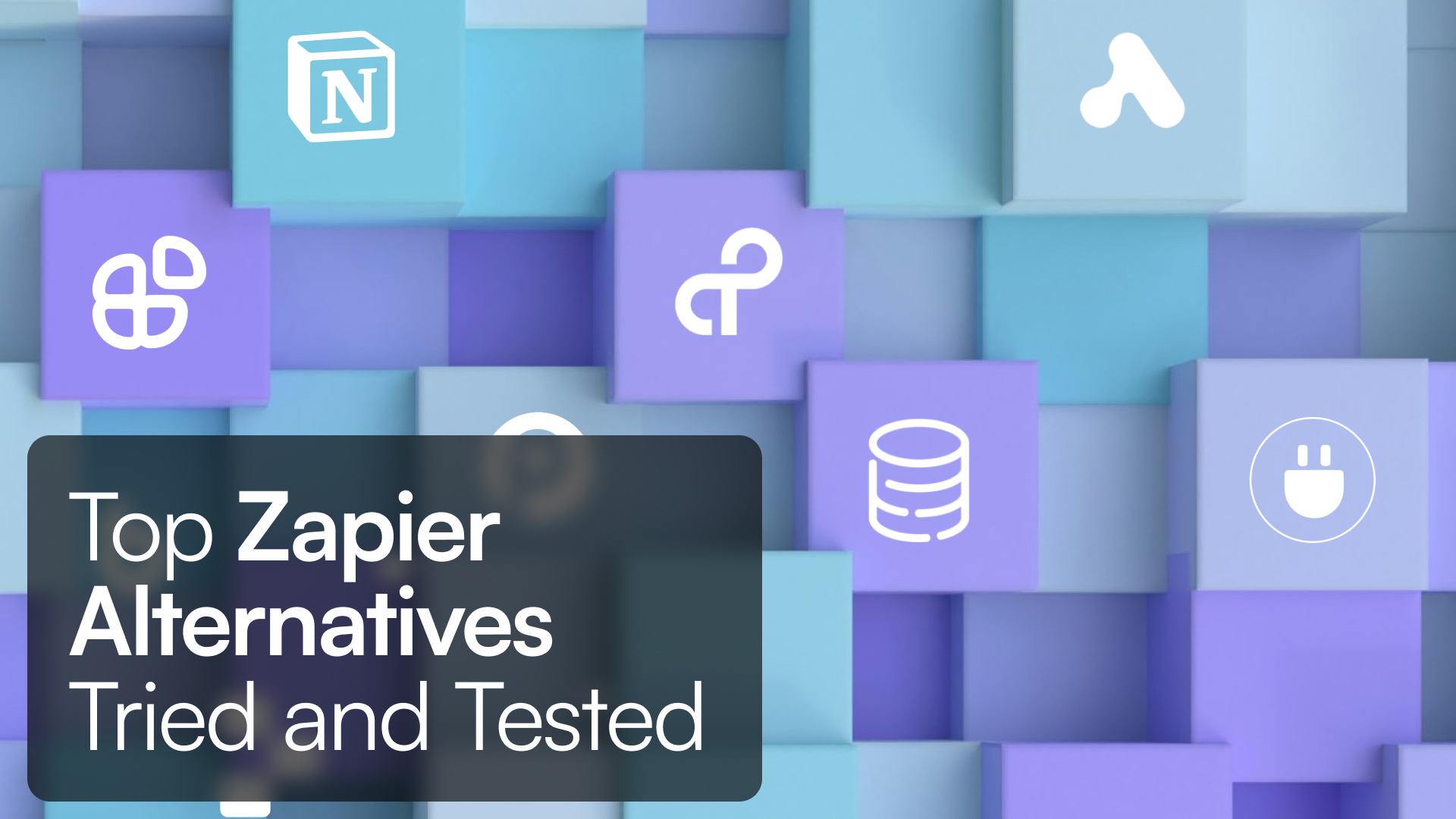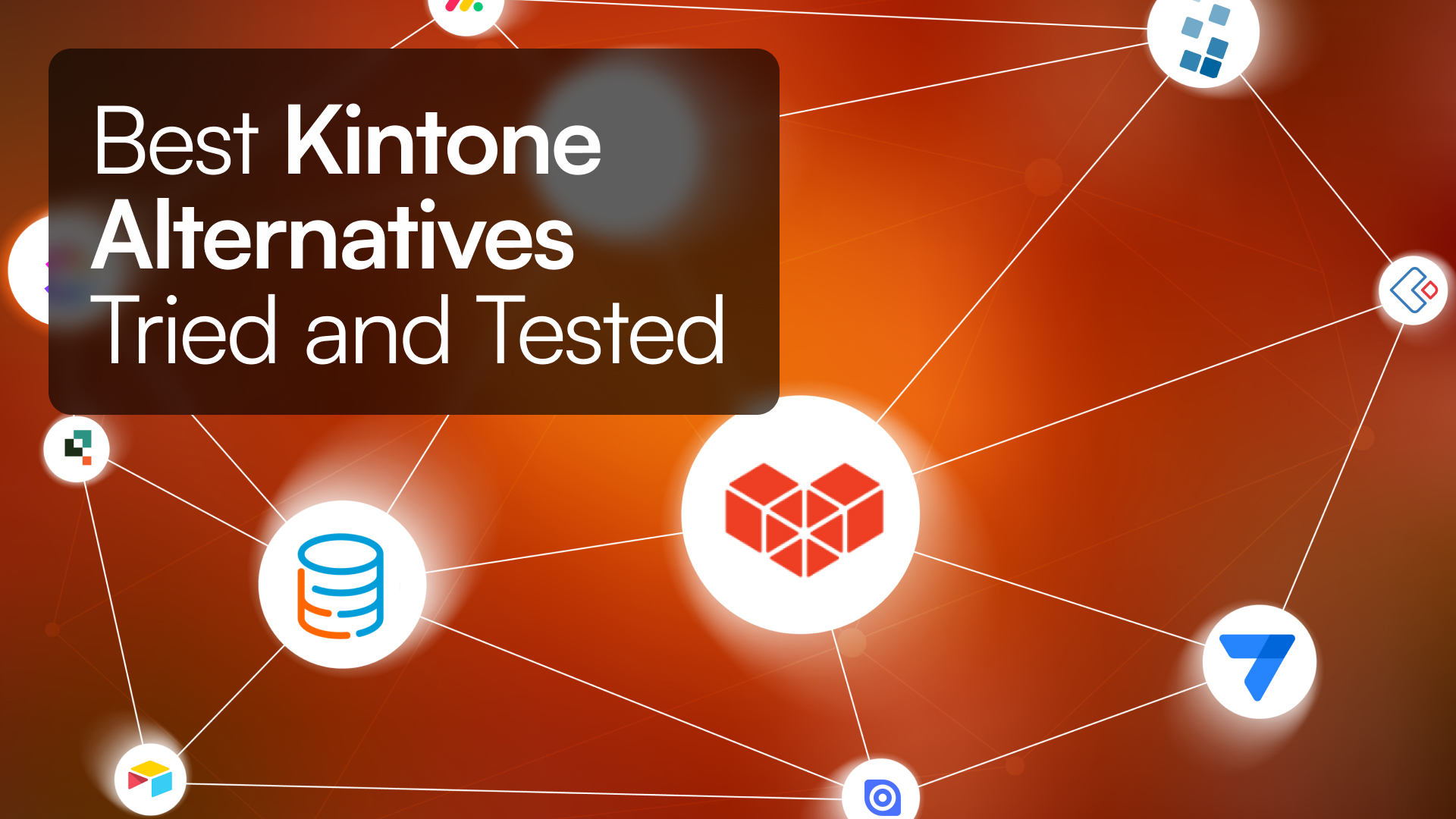Introduction
You’ve probably worked with Airtable; it’s the kind of tool that makes organizing data feel as simple as building a spreadsheet. But if you’ve ever hit Airtable’s limits, you know the feeling. Maybe you’ve outgrown its capabilities, or maybe the cost is creeping up with every added record. Whatever the reason, you’re here because you’re looking for a solid alternative.
We build database software for a living, so we have tested countless platforms to understand the landscape. Below are real insights on the best Airtable alternatives in 2026, comparing their capabilities, scalability, and specific use cases.
How We Evaluated These Tools
We analyzed these platforms based on five core criteria:
- Scalability: Can it handle over 100,000 records without lagging?
- Permissions: Does it offer granular role-based access for different users?
- External Portals: Can you build client-facing apps on top of the data?
- Integration: How well does it connect with your existing tech stack?
- Pricing Model: Is it sustainable as your team grows?
Tadabase as an Airtable Alternative
Why start with Tadabase? It is more than just a competitor; it was built by developers who needed a robust solution for building business software without writing code.

What Sets Tadabase Apart
-
Enterprise Database Functionality: Tadabase offers the flexibility to create highly customized applications. From project management to complex inventory systems, it handles relational data at scale.
-
Workflow Automation: You can automate complex tasks and integrate with tools like Zapier natively. It’s designed to be the logic engine behind your business operations.
-
Deep Integrations: Tadabase connects seamlessly with external apps using tools like our proprietary Pipes and Databridge, saving you development time.
Our Experience: We build and support Tadabase, so we can speak directly to how it handles portals, permissions, and high record counts. We designed it specifically for businesses that need more than just a spreadsheet.
Why teams look for an Airtable alternative
Airtable is popular for good reason. It's simple, clean, and you don’t need to be a database expert to make it work. It’s a blend of a spreadsheet and database—great for small teams or individual projects.
However, users often encounter friction as they scale. Price hikes per user, record limits, and a lack of granular permissions often drive teams to look for platforms that offer more control and customization.
Choosing the right alternative for your needs
Before diving into the list, use this quick guide to find your match:
- Need client portals & enterprise apps? → Tadabase
- Need a direct "Airtable feel" with better features? → SmartSuite
- Need a project management Work OS? → Monday.com
- Need an open-source solution for developers? → NocoDB or Baserow
- Need better documents + data? → Notion or Coda
10 Best Airtable Alternatives in 2026
1. Tadabase 

Best For: Businesses seeking a customizable no-code solution to build client portals and internal tools.
Pros:
- Highly customizable with a drag-and-drop interface.
- Granular role-based permissions (control exactly who sees what).
- Scalable pricing that doesn't punish you for adding users.
Cons:
- Steeper learning curve than simple spreadsheets due to advanced features.
Pricing: Starts with a basic plan, with options for additional features or records. Start your free trial today.
2. SmartSuite 
Best For: Teams wanting a visually stunning interface that bridges the gap between project management and databases.
Pros:
- Extremely visual and intuitive interface.
- "Link anything" capability connects workflows across the platform.
- Robust template library for quick starts.
Cons:
- Newer ecosystem compared to legacy competitors.
Pricing: Free plan available; paid plans start around $10/user/month.
SmartSuite has rapidly become a top contender. It manages to feel familiar to Airtable users while offering a more modern, process-driven structure. It treats data as interconnected workflows, making it excellent for teams who find standard spreadsheets too rigid.
3. Monday.com 
Best For: Teams seeking a highly visual Work OS for project management and collaboration.
Pros:
- Excellent visual dashboards and reporting.
- Massive library of integrations.
- Very easy for non-technical staff to adopt.
Cons:
- Can get expensive quickly as you add features and users.
Pricing: Plans start around $9/user/month.
Monday.com isn't just a database; it's a Work OS. While it relies more on "boards" than traditional relational databases, its flexibility makes it a massive competitor to Airtable for marketing, HR, and operations teams.
4. NocoDB 
Best For: Technical teams and developers looking for an open-source solution to turn SQL databases into smart spreadsheets.
Pros:
- Open-source and self-hostable (keep your own data).
- Connects directly to MySQL, PostgreSQL, SQL Server, etc.
- Completely free if self-hosted.
Cons:
- Requires technical knowledge to set up and maintain self-hosted versions.
Pricing: Free (Open Source); Cloud versions available.
NocoDB is a favorite among developers. It effectively turns any existing database into an Airtable-like spreadsheet. If you have data sitting in a MySQL or Postgres database and want a friendly UI for your team to edit it, this is the tool.
5. Baserow 

Best For: Users seeking a user-friendly, open-source Airtable alternative with a focus on feature parity.
Pros:
- Open-source and customizable.
- Focuses on high speed and performance for large datasets.
- No vendor lock-in.
Cons:
- Smaller ecosystem of third-party plugins than Airtable.
Pricing: Free self-hosted option; cloud-hosted plans start at $5/user/month.
Baserow is arguably the most faithful open-source alternative to Airtable. It mimics the interface closely, making migration easy, but offers the freedom of open-source code.
6. ClickUp 

Best For: Teams looking for a versatile "one app to replace them all."
Pros:
- Multiple views: List, Board, Calendar, Gantt, and Table.
- Powerful built-in document handling.
- Aggressive feature release cycle.
Cons:
- Can be overwhelming due to the sheer number of settings.
Pricing: Free plan available; paid plans start at $7/user/month.
ClickUp is a beast of a platform. It combines docs, tables, goals, and chat. Its "Table View" is a direct challenge to Airtable, allowing for relational data management within a task-management ecosystem.
7. Smartsheet 
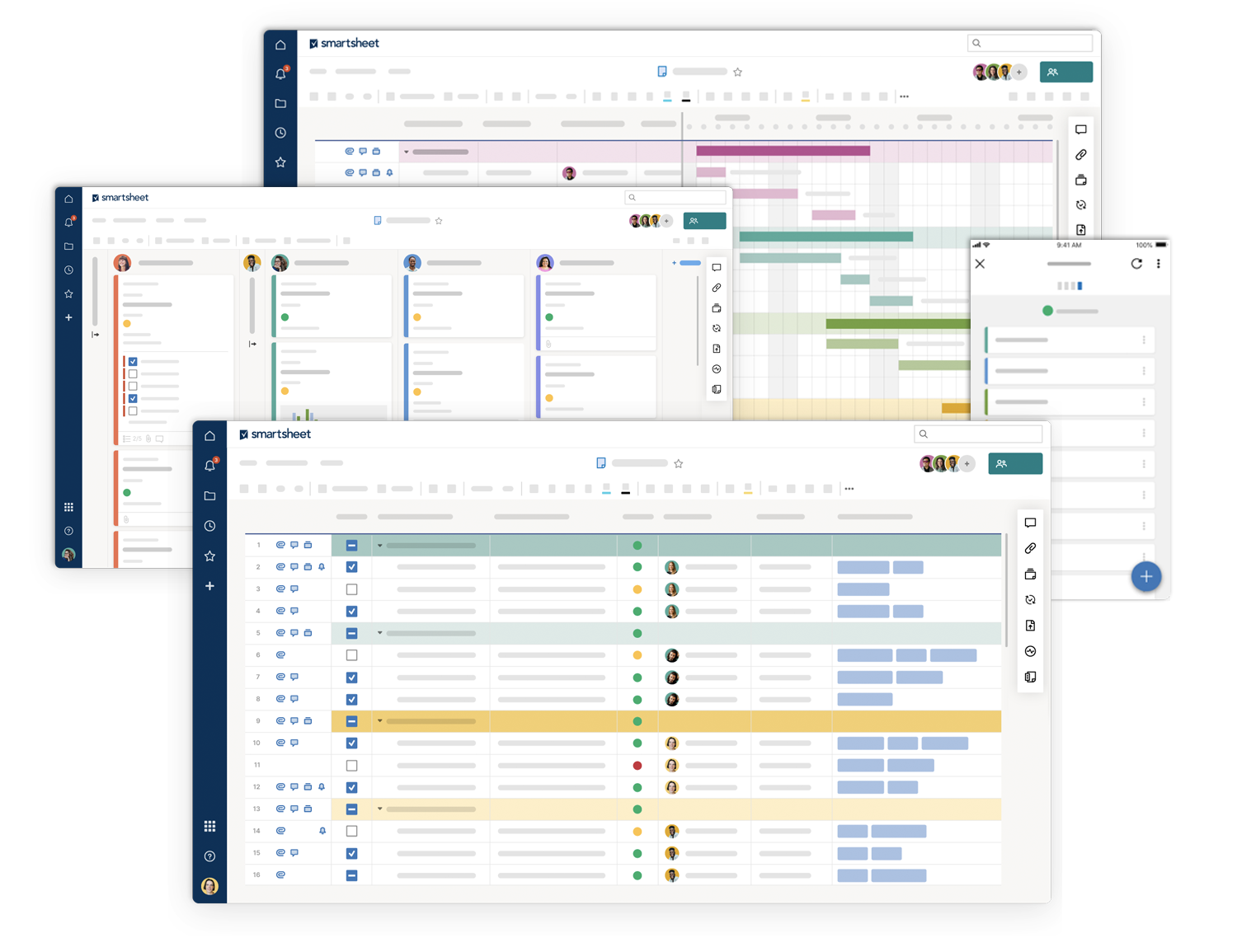
Best For: Organizations that prefer a spreadsheet-like interface with enterprise project management capabilities.
Pros:
- Familiar interface for Excel users.
- Enterprise-grade security and governance.
- Strong automation capabilities.
Cons:
- Interface can feel dated compared to modern tools like Monday or SmartSuite.
Pricing: Plans start at $7/user/month.
Smartsheet is the bridge between Excel and modern databases. It is widely used in construction, enterprise operations, and large-scale project management.
8. Coda 
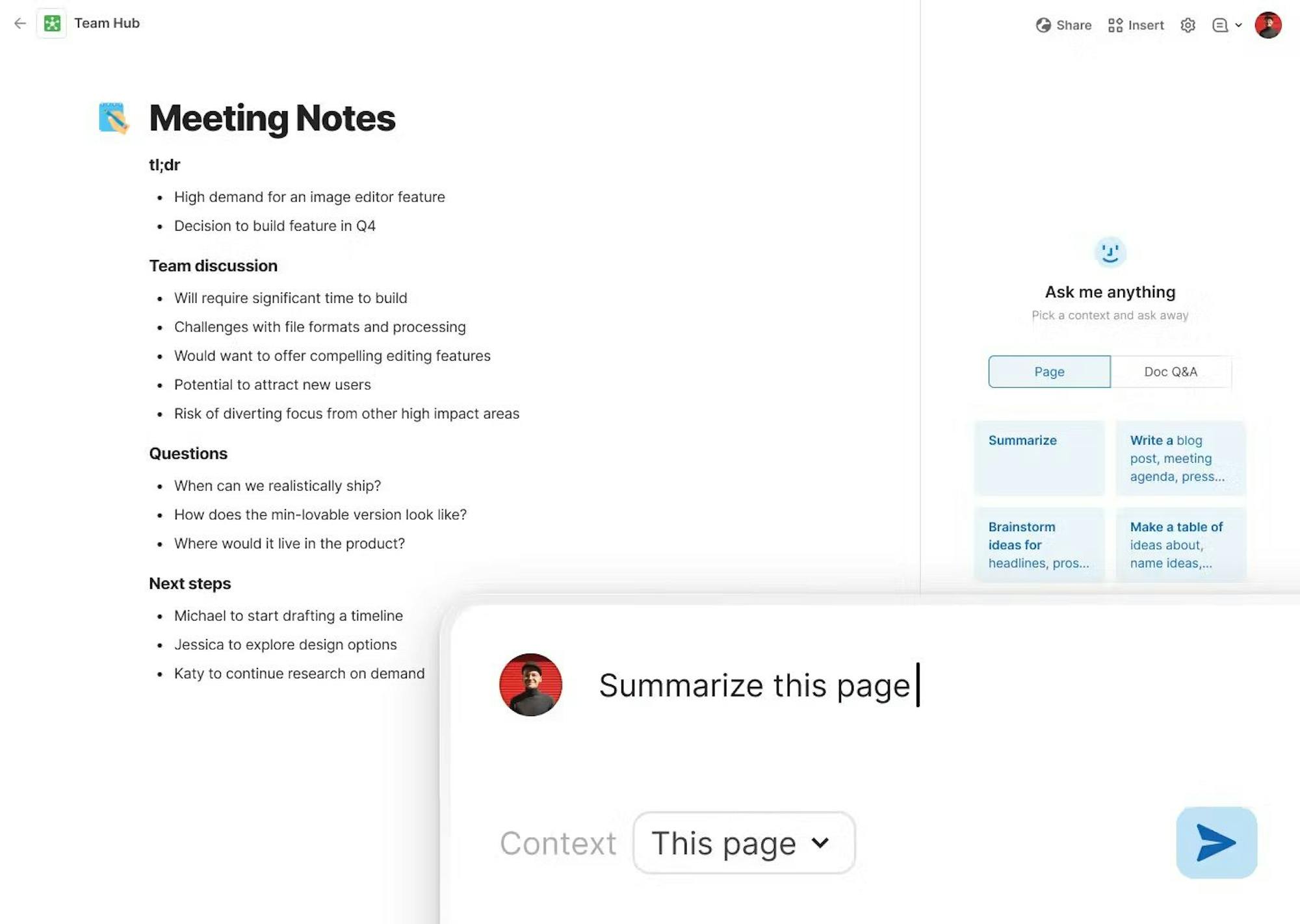
Best For: Teams wanting a flexible tool that blends documents and databases.
Pros:
- Highly customizable "doc" format.
- Powerful formula language.
- "Packs" allow for deep integrations.
Cons:
- Performance can slow down with very large datasets.
Pricing: Free plan available; paid plans start at $10/user/month.
Coda reimagines the document. Instead of a grid, you start with a page and add tables to it. It is exceptionally powerful for writing-heavy teams who need data to live alongside their briefs.
9. Notion 

Best For: Knowledge management and wikis with embedded databases.
Pros:
- Unmatched flexibility for note-taking and documentation.
- Clean, minimalist design.
- Massive community and template marketplace.
Cons:
- Database automations are less robust than Tadabase or SmartSuite.
Pricing: Free plan available; paid plans start at $4/user/month.
Notion is a cult favorite. While its databases aren't as rigorous as Airtable's, they are perfect for connecting notes, tasks, and lightweight data tracking.
10. Stackby 
Best For: Marketing and sales teams who need spreadsheets connected to APIs.
Pros:
- Native API connectors to pull data from YouTube, Google Analytics, etc.
- Very similar interface to Airtable (easy transition).
- Good template library.
Cons:
- Less suited for complex enterprise applications.
Pricing: Free plan available; paid plans start at $5/user/month.
Stackby differentiates itself by allowing you to link columns to third-party APIs (like pulling YouTube view counts directly into a cell). It’s an excellent choice for data-driven marketing teams.
Conclusion
The landscape in 2026 is vast. While Airtable sparked the revolution, tools like Tadabase have taken the torch to offer deeper functionality, better pricing, and true scalability. Take the time to evaluate each tool and choose the one that aligns with your business requirements.
If you're looking for a powerful alternative to Airtable that scales with your business, consider exploring Tadabase.
Frequently Asked Questions
1. What is the best free Airtable alternative?
If budget is a concern, NocoDB and Baserow are excellent open-source options that offer free self-hosted versions. For cloud-based tools, Notion and SmartSuite offer generous free tiers for individuals and small teams.
2. Does Microsoft have an Airtable equivalent?
Yes, Microsoft Lists is the closest equivalent within the Microsoft 365 ecosystem. It integrates well with Teams and SharePoint but lacks the advanced relational database features found in tools like Tadabase or SmartSuite.
3. Can I use Google Sheets instead of Airtable?
Google Sheets is a powerful spreadsheet tool, but it is not a database. It lacks relational data features, file attachments, and the structured views (Kanban, Calendar, Gallery) that make Airtable powerful. If you need a simple list, Sheets works; if you need a database, look at the alternatives above.
4. Which alternative is best for building client portals?
Tadabase is designed specifically for this. Unlike Airtable, which charges for every user, Tadabase allows you to build secure, password-protected portals where thousands of external users can log in to view and edit only their own data.





